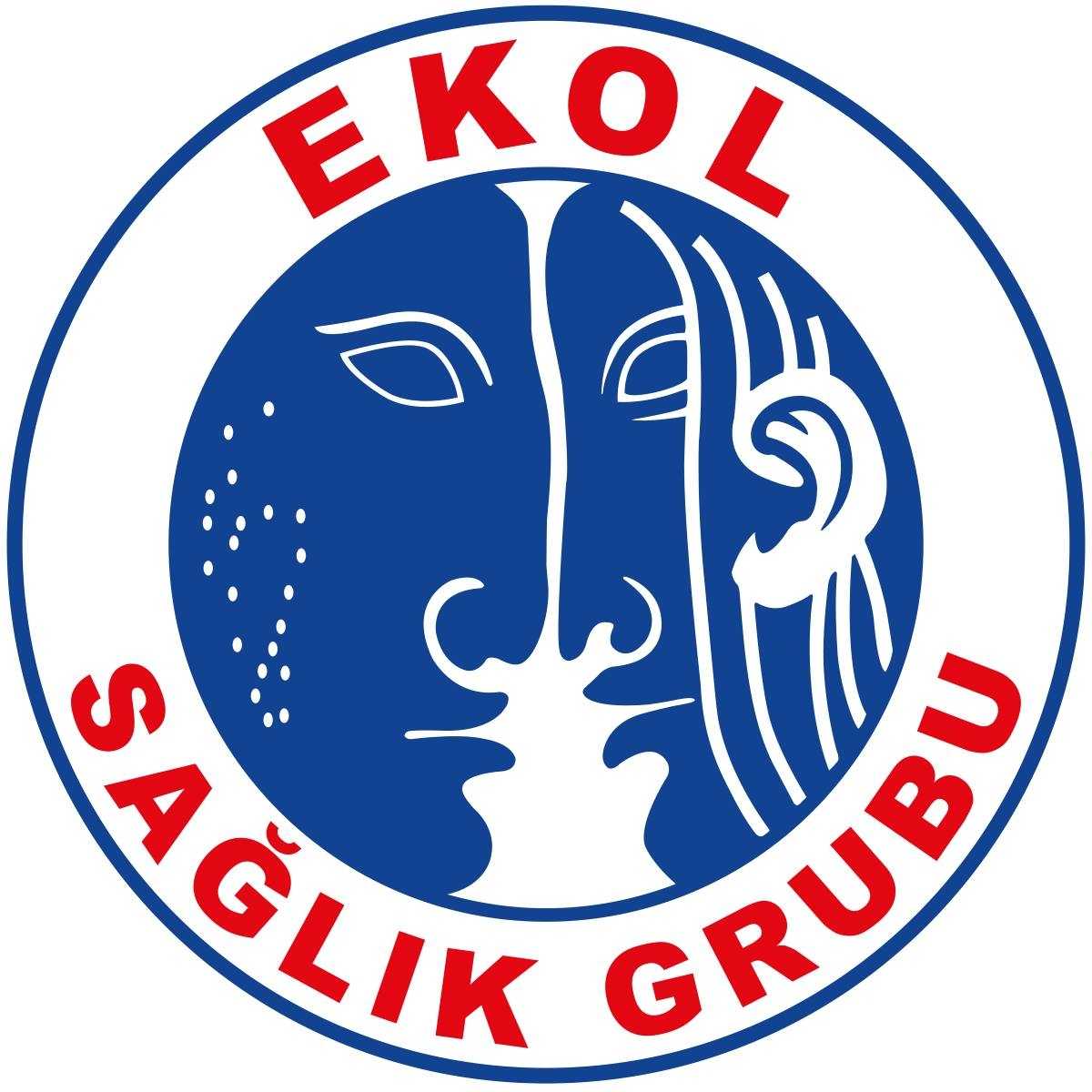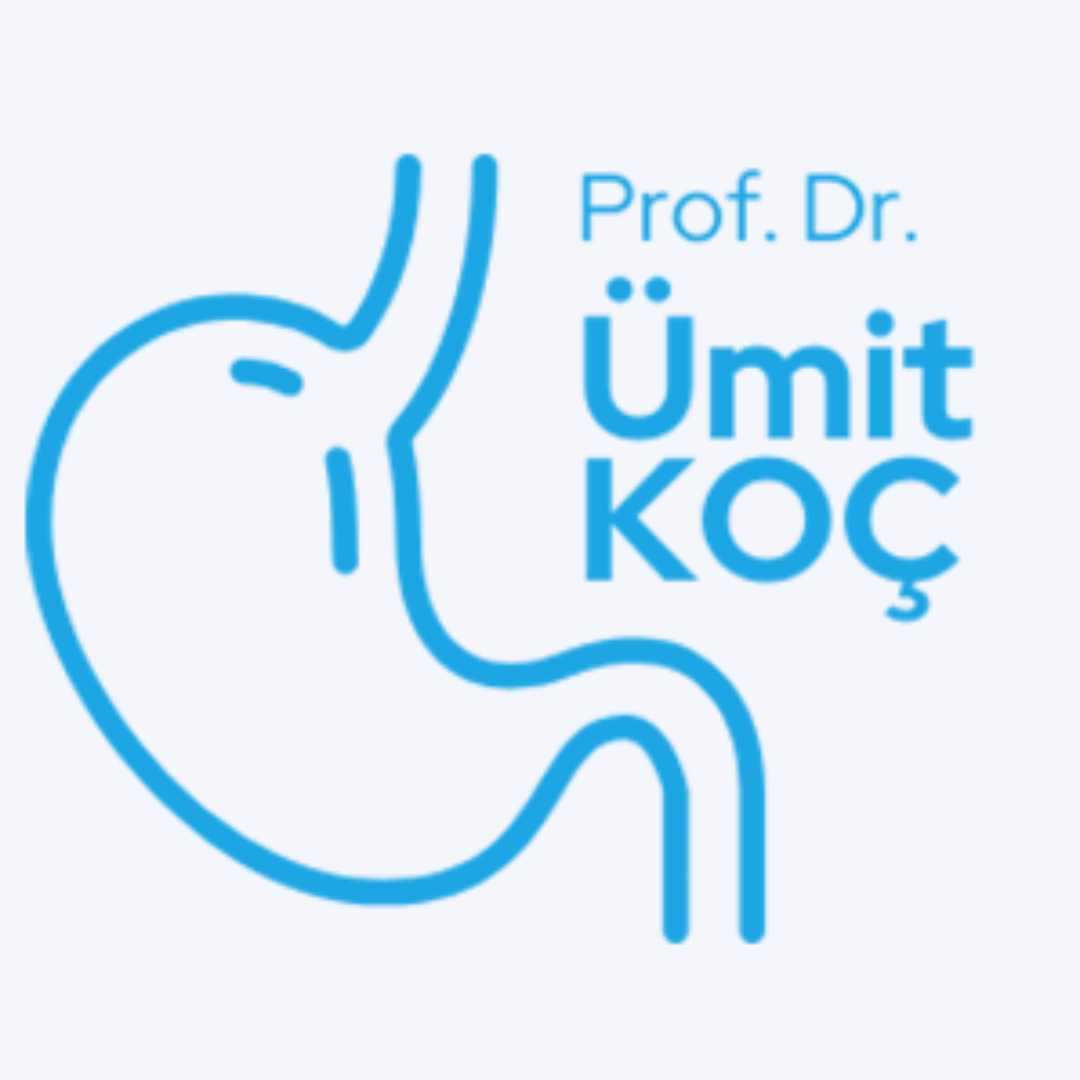Understanding Eligibility for a Mini Gastric Bypass in Turkey
.jpg)
Considering a mini gastric bypass in Turkey is a significant step towards better health, and it's natural to have questions about what it takes to qualify. Turkey has emerged as a leading destination for bariatric surgery, attracting patients from around the globe due to its experienced surgeons, state-of-the-art facilities, and competitive pricing. Many people are discovering that high-quality medical care, including advanced weight loss procedures, is readily accessible there.
The requirements for a mini gastric bypass in Turkey are comprehensive, designed to ensure that the procedure is safe, effective, and beneficial for the patient in the long term.
These criteria typically align with international standards for bariatric surgery, focusing on a patient's Body Mass Index (BMI), existing health conditions, previous weight loss efforts, and psychological readiness. Understanding these requirements will help you determine if mini gastric bypass in Turkey is the right path for your weight loss journey.
What are the primary BMI requirements for mini gastric bypass in Turkey?
Body Mass Index (BMI) is a crucial initial factor in determining eligibility for mini gastric bypass surgery. It's a measure that uses your height and weight to work out if your weight is healthy. For most bariatric programs in Turkey, a BMI of 40 kg/m² or greater is a standard benchmark, indicating severe obesity that often necessitates surgical intervention for effective weight loss and health improvement.
However, the criteria are often more flexible for individuals with a BMI in the range of 35 to 39.9 kg/m². In these cases, eligibility typically depends on the presence of one or more serious obesity-related health conditions, also known as co-morbidities. This allows patients who might not meet the highest BMI threshold but are significantly impacted by their weight to still access this life-changing procedure.
Which obesity-related health conditions qualify you for mini gastric bypass in Turkey?
When your BMI is between 35 and 39.9, the presence of certain obesity-related health conditions becomes a key factor in qualifying for mini gastric bypass in Turkey. These conditions are often significantly improved or even resolved after successful weight loss surgery, making the procedure a vital treatment option. The most common co-morbidities that qualify patients include:
- Type 2 Diabetes: Often seen as one of the strongest indicators for bariatric surgery due to the high rates of remission or significant improvement post-surgery.
- Severe Sleep Apnea: A condition where breathing repeatedly stops and starts during sleep, greatly impacting quality of life and cardiovascular health.
- High Blood Pressure (Hypertension): Chronic high blood pressure can lead to serious health issues like heart attack and stroke.
- High Cholesterol (Dyslipidemia): Elevated levels of cholesterol can contribute to heart disease.
- Joint Problems and Osteoarthritis: Excess weight places immense strain on joints, leading to pain and reduced mobility.
- Non-alcoholic Fatty Liver Disease (NAFLD): Accumulation of fat in the liver, which can lead to inflammation and liver damage.
- Heart Disease: Conditions such as coronary artery disease can be exacerbated by obesity.
Demonstrating a history of these conditions, along with medical documentation, is crucial during your evaluation. The goal of the mini gastric bypass is not just weight loss, but also to alleviate or eliminate these serious health issues, thereby improving overall health and longevity.
Are there specific age limits for mini gastric bypass surgery in Turkey?
Age plays a role in eligibility for mini gastric bypass, primarily due to considerations for patient safety and long-term outcomes. Most bariatric centers in Turkey prefer candidates to be within the age range of 18 to 65 years.
This range is considered optimal because younger patients typically have completed physical development and possess the maturity to commit to significant lifestyle changes, while older patients generally have fewer age-related surgical risks or extensive co-morbidities that could complicate recovery.
For patients outside this typical range, particularly those under 18 or over 65, a more thorough and individualized assessment is performed. Younger patients might be considered if their obesity is severe and life-threatening, and they show strong psychological maturity and family support.
For older patients, the decision hinges on their overall health, the number and severity of existing medical conditions, and their ability to tolerate surgery and adhere to post-operative care. The surgical team will carefully weigh the potential benefits against the risks in such cases, ensuring the patient's well-being is the top priority.
What psychological evaluations are necessary for mini gastric bypass in Turkey?
Psychological readiness is a critical, often overlooked, aspect of qualifying for mini gastric bypass. This evaluation ensures that patients are mentally prepared for the drastic life changes that follow surgery.
A psychologist or psychiatrist will assess various factors, including your understanding of the procedure, realistic expectations for weight loss, and your commitment to lifelong dietary and exercise changes. This step is not about 'passing' a test, but about ensuring you have the emotional and cognitive resources to succeed.
The evaluation also screens for significant untreated mental health conditions such as severe depression, anxiety, active substance abuse, or uncontrolled eating disorders (like binge eating disorder or bulimia). While having a mental health condition doesn't automatically disqualify you, it's essential that these are managed and stable before surgery.
Unaddressed psychological issues can hinder post-operative adherence to dietary guidelines and exercise routines, potentially leading to poor outcomes or even weight regain. The team wants to ensure you have a strong support system and coping mechanisms in place.
What pre-operative medical tests are required before mini gastric bypass in Turkey?
Before undergoing mini gastric bypass in Turkey, a comprehensive battery of medical tests is essential to ensure you are healthy enough for surgery and to identify any potential risks. These tests provide a complete picture of your internal health, allowing the surgical team to plan the procedure safely and effectively. This thorough assessment minimizes complications and optimizes recovery.
Common pre-operative tests include:
- Blood Tests: Full blood count, liver and kidney function tests, blood sugar (glucose) levels, thyroid function tests, vitamin D, B12, iron, and other nutrient levels.
- Cardiovascular Assessment: Electrocardiogram (ECG) to check heart rhythm, and potentially an echocardiogram or stress test, especially if there are concerns about heart health.
- Gastrointestinal Evaluation: Upper endoscopy (EGD) to examine the esophagus, stomach, and duodenum for ulcers, inflammation, or hiatus hernia. An abdominal ultrasound might also be performed to check the liver and gallbladder.
- Respiratory Function Tests: Spirometry might be conducted if there are concerns about lung health or severe sleep apnea.
- Consultations: Referrals to specialists like a cardiologist, pulmonologist, or endocrinologist may be required depending on your health history.
These tests collectively help the surgical team in Turkey understand your current health status, address any underlying issues before surgery, and tailor the treatment plan specifically for you.
What is the typical preparation process for mini gastric bypass surgery in Turkey?
The preparation process for mini gastric bypass surgery in Turkey is as important as the surgery itself. It’s designed to optimize your health, minimize surgical risks, and set you up for successful long-term weight management. This phase usually begins several weeks before your scheduled surgery date.
Key preparatory steps often include:
- Dietary Changes: You'll likely be advised to start a specific diet, often a low-calorie, high-protein liquid diet for 1-2 weeks before surgery. This diet helps to shrink the liver, making the surgery safer and easier by improving visibility and access to the stomach.
- Lifestyle Modifications: If you smoke, you will be strongly advised to stop several weeks prior to surgery, as smoking significantly increases surgical risks and impairs healing. Alcohol consumption should also cease.
- Medication Review: You will discuss all current medications with your surgeon. Some medications, particularly blood thinners, may need to be stopped or adjusted before surgery to prevent complications.
- Education: Attending pre-operative educational sessions about the procedure, dietary changes, and what to expect during recovery is vital. This ensures you are fully informed and prepared.
Adhering strictly to these guidelines is crucial for a smooth surgery and a successful recovery. The medical team in Turkey will provide detailed instructions and support throughout this preparatory phase.
What is the estimated cost of mini gastric bypass surgery in Turkey?
One of the primary reasons many individuals choose Turkey for their mini gastric bypass surgery is the significant cost savings compared to countries like the US, UK, or Canada, without compromising on quality. The estimated cost for mini gastric bypass in Turkey usually falls within the range of $4,000 to $8,000. This competitive pricing is largely due to lower operating costs, favorable exchange rates, and government support for medical tourism.
It’s important to understand what is typically included in these package prices. Many clinics offer all-inclusive packages that cover the surgical procedure itself, anesthesia, hospital stay (usually 3-5 days), pre-operative diagnostic tests, initial post-operative consultations, and sometimes even airport transfers and accommodation.
When comparing costs, always ask for a detailed breakdown of what is included to avoid any hidden fees. This affordability makes life-changing bariatric surgery accessible to a wider range of patients.
Why is Turkey a popular destination for mini gastric bypass surgery?
Turkey has firmly established itself as a global hub for medical tourism, particularly for weight loss surgery like mini gastric bypass. The blend of affordability, high standards of care, and an appealing travel experience makes it an attractive choice for patients seeking solutions for obesity. Many Turkish hospitals are JCI (Joint Commission International) accredited, signifying adherence to rigorous international patient safety and quality standards.
Beyond the cost-effectiveness, Turkey boasts a strong cadre of highly skilled and experienced bariatric surgeons who often have international training and utilize the latest minimally invasive laparoscopic techniques. The medical infrastructure is modern, featuring state-of-the-art operating theaters and comfortable recovery facilities.
Furthermore, the all-inclusive packages frequently provided by Turkish clinics simplify the entire process, covering not just medical procedures but also logistics like airport pickups, hotel stays, and interpreter services, allowing patients to focus solely on their health journey with peace of mind.
What kind of follow-up care is provided after mini gastric bypass in Turkey?
Effective follow-up care is paramount for the long-term success of mini gastric bypass surgery. While the surgery itself is performed in Turkey, the commitment to your health continues long after you return home. Turkish clinics understand this and typically offer structured follow-up programs designed to support your recovery and ongoing weight loss journey.
This comprehensive care often includes:
- Scheduled Check-ups: Regular appointments with your surgeon or a bariatric specialist, initially more frequent, then gradually spaced out over the first year and beyond. These can often be done remotely via video calls once you've returned home.
- Nutritional Guidance: Ongoing support from a bariatric dietitian is crucial. They will guide you through the various stages of dietary progression, from liquids to purees to solid foods, and help you adapt to your new way of eating.
- Vitamin and Mineral Supplementation: Mini gastric bypass alters nutrient absorption, so lifelong supplementation with vitamins and minerals (e.g., B12, iron, calcium, vitamin D) is essential. The medical team will provide specific recommendations and monitor your levels.
- Lifestyle Support: Encouragement for physical activity and emotional support to navigate the psychological aspects of significant weight loss.
Many clinics provide dedicated patient coordinators who assist with scheduling, questions, and connecting you with appropriate resources, ensuring continuous care even from a distance. This robust support system is key to achieving and maintaining your weight loss goals.
Are there any absolute contraindications for mini gastric bypass surgery in Turkey?
While mini gastric bypass offers a pathway to better health for many, there are certain conditions that would make the surgery too risky or unlikely to succeed. These are known as absolute contraindications and are carefully screened for during the evaluation process in Turkey. Patient safety is always the top priority, and if a contraindication is identified, surgery will not be performed until the condition is adequately managed, or an alternative solution is found.
Some of the absolute contraindications include:
- Uncontrolled Psychiatric Conditions: Severe, unmanaged mental illnesses (e.g., psychosis, bipolar disorder) or severe depression that could impair judgment or adherence to post-operative instructions.
- Active Substance Abuse: Current addiction to drugs or alcohol, as these can interfere with recovery, adherence to dietary changes, and overall health outcomes.
- Untreated Eating Disorders: Active bulimia nervosa or anorexia nervosa, which require specialized treatment before considering bariatric surgery.
- Severe, Unstable Medical Conditions: Uncontrolled severe heart failure, severe lung disease, or other critical medical conditions that make the surgical risks excessively high.
- Chronic Inflammatory Bowel Disease: Conditions like Crohn's disease can be complicated by malabsorptive procedures, requiring careful consideration.
- Pregnancy: Bariatric surgery is not performed on pregnant individuals.
A thorough medical and psychological assessment is crucial to identify any of these contraindications, ensuring that the decision to proceed with surgery is made with the highest regard for the patient's well-being and long-term success.
Ready to explore your options for weight loss surgery or other medical treatments abroad? Visit PlacidWay to connect with leading clinics and find personalized healthcare solutions for your journey to better health.




.png)

.png)


.png)
.png)
.png)
.png)






Share this listing